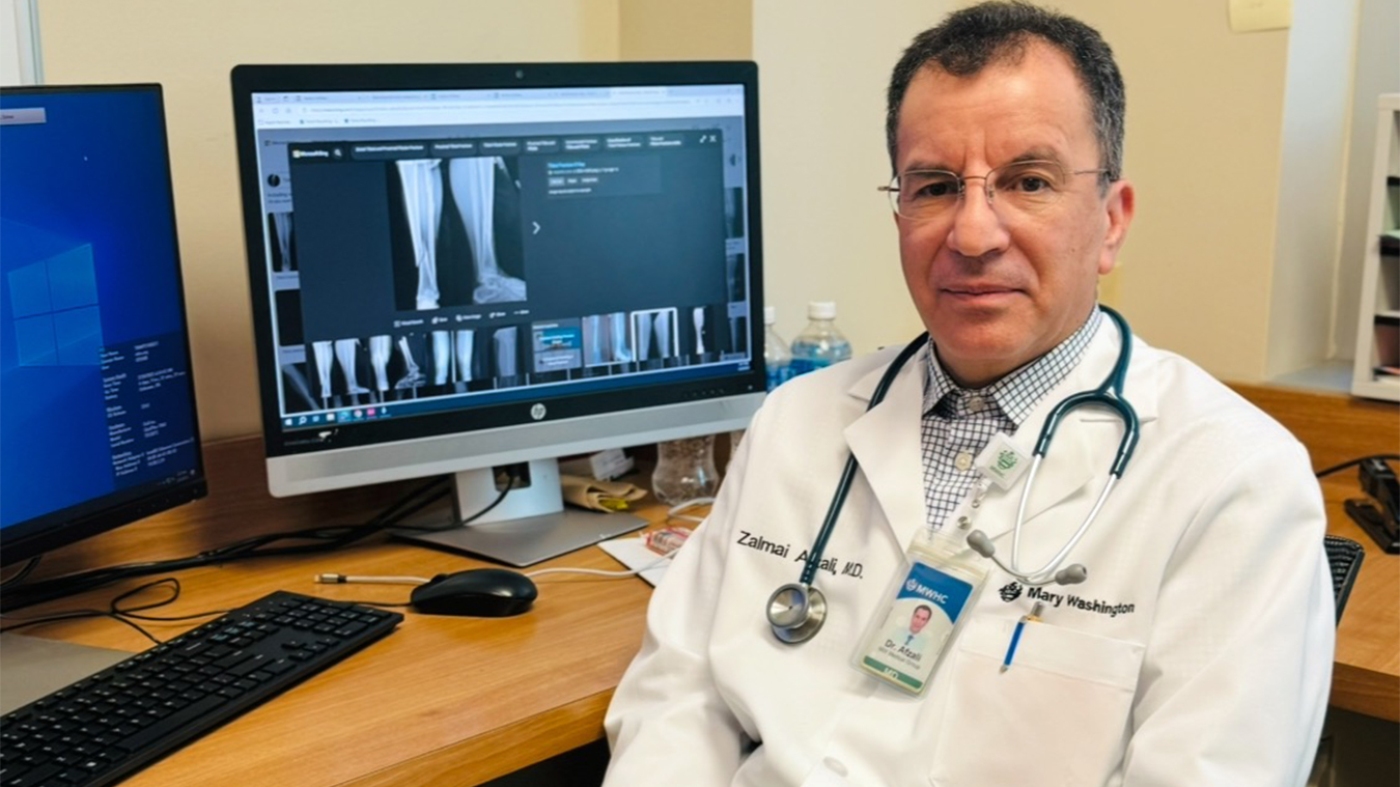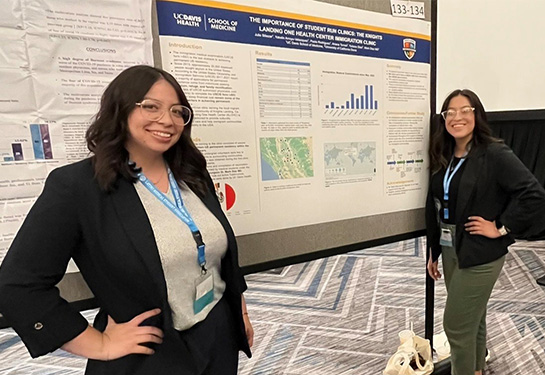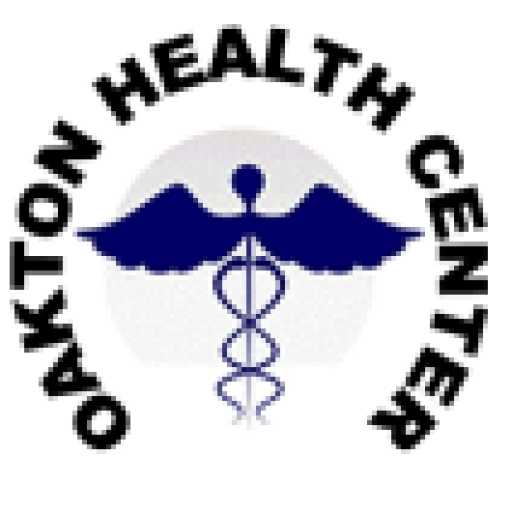In response to physician shortage crises in rural areas, a rising number of US states are making it easier for internationally trained doctors to gain medical licenses. Regulations surrounding residency programs are a particular focus. Previously, foreign-trained physicians were required to undertake residency or equivalent training in the US before receiving a full medical license. As of 2023, at least nine states have dropped this requirement for internationally trained doctors. Moreover, an additional dozen or more states are considering similar legislation.
There’s a growing recognition of the crucial role played by immigrants in the US healthcare system, given that about 26% of doctors practicing in the US were born elsewhere. These individuals need federal visas and state licenses to live and practice in the US. However, opponents argue that relaxing licensing rules could compromise patient safety and won’t serve in alleviating the present doctor shortage significantly.
In related news, MultiCare Health System has opened a new clinical and training space in Tacoma to provide family medicine and obstetrics services. The facility will also host three graduate medical education programs. The setup will enhance patient volumes and provide residents and fellows with a conducive working environment.
Meanwhile, Johns Hopkins continues its efforts to support immigrants, particularly young trafficking survivors, through its HEAL Refugee Health & Asylum Collaborative initiative. The university’s team collaborates with the Asylee Women Enterprise (AWE) initiative to provide essential services like therapy, peer support, and resources necessary for social, academic, employment, and skill-building opportunities. Furthermore, HEAL addresses the urgent needs of asylum seekers and refugees from around the world, many of whom have undergone severe trauma.
US healthcare is experiencing a worker shortage due to several issues: aging populations, pandemic-related resignations, and training gaps. President Donald Trump’s promise of a massive immigration crackdown may worsen this problem, especially in areas with predominantly immigrant communities. Trump’s decision to declare a state of emergency at America’s southern border could have significantly detrimental impacts on the economy, particularly on the healthcare system, where immigrants play an outsized role. Nurses and other healthcare workers who might be deemed as illegal could be at risk under an immigration crackdown, a fear that may prevent immigrants from seeking medical aid.
Several students from UC Davis developed a free health program for immigrants who need physical exams for their green card applications. The program was created after recognizing that many uninsured immigrants cannot afford the hefty charges of private practice doctors. Under the supervision of a community physician, the students provide the exam at no cost, a move that significantly reduces the burdens on their underserved patients. Their objective is to inspire other medical schools to start similar programs.
Refugee health clinics are stepping up to cater to the treatment and care of new refugees and those who are already in the country. The clinics address a wide range of health needs due to a lack of preparation in some communities to address the healthcare needs of refugees. These refugees aren’t just screened, they are usually offered ongoing care. Medical students and residents train at these clinics, learning how to provide primary care for refugees, along with receiving education on the refugee experience and associated health issues. These efforts are an attempt to fill the gap in the healthcare system, working alongside resettlement agencies to provide comprehensive care. In doing so, not only are these clinics providing invaluable services to people in need, but they are also training the next generation of healthcare providers.
In an effort to provide care to the rising number of migrants in the Chicago area, a group of medical students from the University of Illinois Chicago (UIC) has formed the Mobile Migrant Health Team. Since May, the student-led group has provided medical attention to over 3,000 migrants seeking shelter in Chicago police stations. The team, which started with just a few members, has grown to include 80 active volunteers, comprising medical students, physician assistants, nurses, and doctors from different hospitals. They provide treatment and follow-up options for migrants, dealing with both urgent and long-term health conditions. The team works on a mobile basis, visiting police districts throughout the city and meeting the migrants in their current living conditions.
In addition to the mobile team, UIC doctors specializing in pediatric patients have partnered with the National Youth Advocate Program, providing initial medical exams and other primary care needs for unaccompanied children. By working with both migrant adults and children, these initiatives aim to bring dignified healthcare to a vulnerable population in a crucial time of need. The work is guided by the principle of health equity, with the teams working relentlessly to find innovative ways to deliver care.
These endeavors underscore the commitment of UIC and its partner organizations to serve the community by providing necessary medical care and support to the most vulnerable members. They operate with a strong belief in health equity and have demonstrated resourcefulness in tailoring their approaches to deliver optimal care to those who need it the most.
Sources:
 To solve for doctor shortages, states ease licensing for foreign-trained physicians : Shots – Health News
To solve for doctor shortages, states ease licensing for foreign-trained physicians : Shots – Health News MultiCare opens Tacoma physician training space
MultiCare opens Tacoma physician training space Salud!
Salud! Trump deportation pledge raises concern over U.S. health system
Trump deportation pledge raises concern over U.S. health system Medical students earn top honors at national conference
Medical students earn top honors at national conference Refugee Health Clinics Help New Arrivals, Provide Training Ground for Students and Residents
Refugee Health Clinics Help New Arrivals, Provide Training Ground for Students and Residents





Leave a Reply